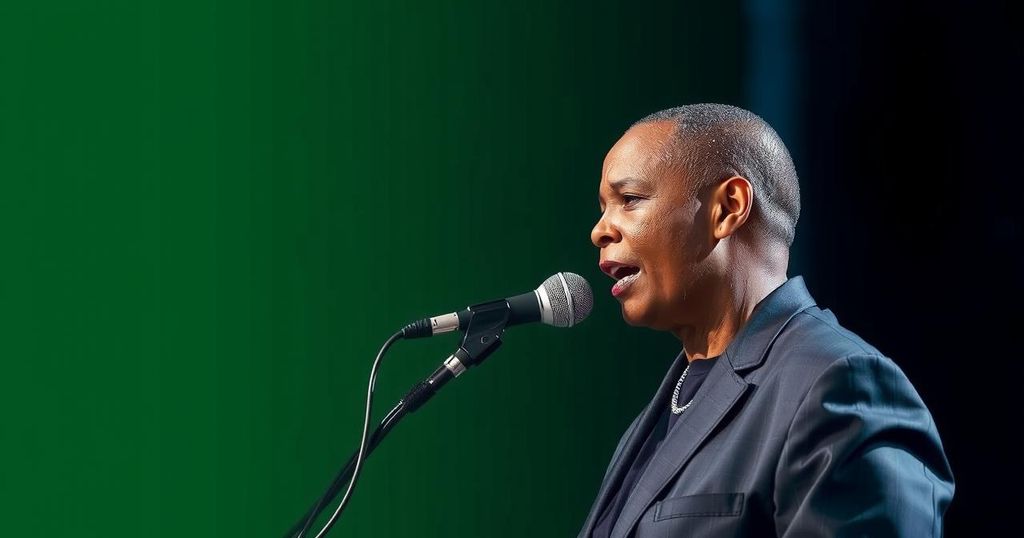Botswana’s Ruling Party Faces Historic Defeat in Parliamentary Elections

In a surprising electoral upset, Botswana’s ruling party, the Botswana Democratic Party (BDP), has lost its parliamentary majority after nearly sixty years in power. Early results indicate that opposition parties have collectively won 31 out of 61 seats, with President Mokgweetsi Masisi’s BDP only securing one seat. The election results may shift the political landscape of Botswana, amid economic challenges exacerbated by a decline in diamond demand.
Botswana has witnessed a monumental shift in its political landscape with the preliminary election results indicating a significant defeat for the long-established ruling party. The Botswana Democratic Party (BDP), which has been in power since 1966, notably under the leadership of President Mokgweetsi Masisi, lost its parliamentary majority in a surprising turn of events. According to the electoral commission’s reports, the opposing parties collectively secured 31 out of 61 parliamentary seats. By early Friday morning, the BDP had won only one seat, reflecting a severe decline in its political influence. The Umbrella for Democratic Change, led by Duma Boko, has emerged as a prominent opposition force, attaining 19 seats, while the Botswana Congress Party, headed by Dumelang Saleshando, garnered seven seats. The Botswana Patriotic Front, associated with former President Ian Khama, claimed five seats in this election. Under the provisions of Botswana’s constitution, the party that gains the majority of parliamentary seats is entrusted with the responsibility of selecting the president and forming the government. President Masisi, a highly regarded educator and former UNICEF worker, had been widely anticipated to maintain his parliamentary majority for a second term. Botswana, often hailed as one of Africa’s most stable democracies and economic success stories, is facing challenges due to a global downturn in diamond demand, heavily impacting its economy. Economic forecasts indicate a decline in growth, projected at just 1 percent for 2024, compounded by an unemployment rate that has surged to 27 percent, reflecting the adverse effects of decreased diamond exports.
Botswana’s political history has been characterized by the dominance of the Botswana Democratic Party (BDP) for nearly six decades since the country attained independence. The BDP is recognized for promoting stability and economic growth, primarily supported by the country’s diamond mining industry, which constitutes over 80 percent of Botswana’s exports. However, recent global market fluctuations have placed considerable strain on this vital sector, contributing to economic challenges such as rising unemployment and slowing growth rates. The electoral landscape has begun to shift, indicating a growing desire among the electorate for change, as demonstrated by the overlapping formations of various opposition parties that seek to capitalize on the current political and economic discontent.
In summary, the preliminary results of the recent elections in Botswana signify a historic defeat for the ruling Botswana Democratic Party, indicating a possible end to its long-standing dominance in the nation’s politics. The emergence of multiple opposition parties reflects significant public sentiment for change, driven by economic challenges stemming from a downturn in the diamond mining industry. Should these results be confirmed, Botswana could witness substantial political transformations that will shape its future governance and economic recovery.
Original Source: www.aljazeera.com







